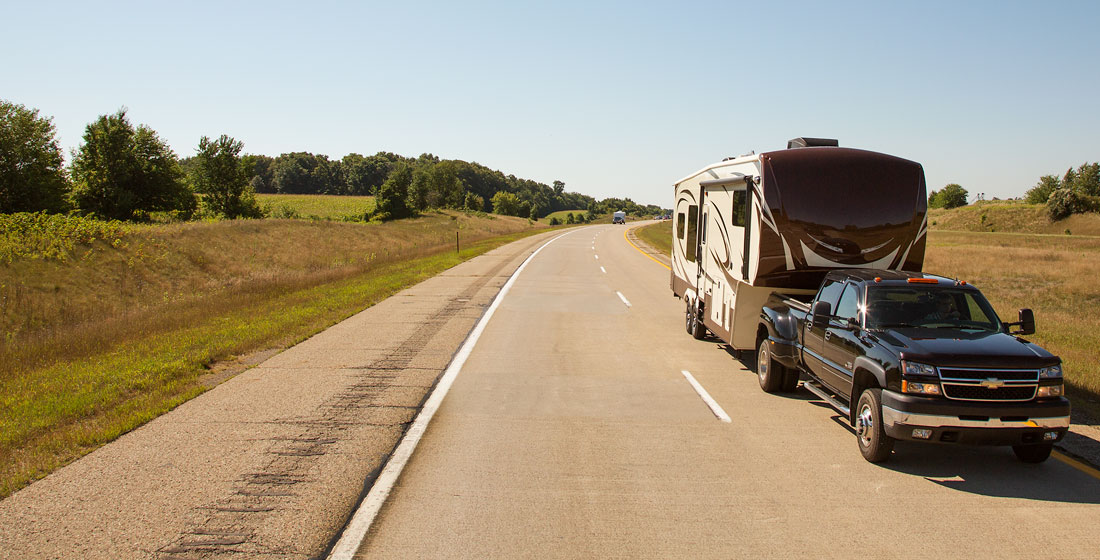RV ownership is currently appealing to 10 million households in America (according to the RVIA) – and growing year by year.
Will you be a new RV owner in the year to come? Has it been your dream to retire and full-time it? A wish to get closer with your family and visit places you’ve never been? Owning an RV has a lot of benefits; however, as with all things, there’s the other side of the coin to consider as you debate over making an RV purchase. So let’s do a simple exercise of pros and cons.
Pros
- Mobility. This is what initially attracts most RV owners. They like the flexibility and ability to be able to choose where to visit and how long to spend there. If you like to be on the move a lot, then an RV is ideal.
- Economics. Compared to other types of vacations, RV vacations are the most economical, being 27 percent to 62 percent less expensive on a per day basis (read full study). When you have a family of four or six, those savings really add up!
- Home. It’s not like being at a hotel when all your personal belongings are at the mercy of the cleaning staff. Everything you need and value is with you at all times. In short, it’s just like being at home. Plus, you can decorate and renovate to your heart’s content.
- An RV is an asset. We’ve all heard that RVs lose value as soon as they are purchased and driven off the lot, but they are still an asset. When you vacation, however, you are using that investment, not just spending hundreds of dollars to stay in a hotel or to fly somewhere.
Cons
- You can’t go everywhere. A lot of this depends on the type of RV you have. Large motorhomes have more restrictions or may not be allowed in certain campgrounds. You may need a certain year or model of RV to be able to camp in other places. And, don’t forget about urban areas as well as small town streets, which may not be so welcoming to a larger RV or make it difficult to navigate.
- RVs cost money. Didn’t we already mention vacation savings? In addition to the initial investment of purchasing an RV (usually thousands of dollars, depending on your wish list, new or used, etc.) an RV is just an additional or extended vehicle, complete with its own tires, electronics, materials, and more that need to be maintained. This can get expensive quickly, especially if you let things go by the wayside until they are a major problem. Plus, RVs aren’t the most efficient when it comes to gas mileage, so plan on budgeting a significant amount just to get from point A to point B.
- Storage costs. If you will only be using your RV for part of the year and don’t have a space at home to keep your RV, then you’ll need to invest in storage somewhere. Prices vary by area and type of storage (read more about this here). It can feel like “wasted money” since you aren’t using your RV and likely still paying on the loan in addition to paying a storage fee.
- Space. RV designers are wizards at building in nooks and crannies to give you the optimal storage space; however, that space is limited. You need to adjust your expectations and your thinking when it comes to essentials and non-essentials. This can be a challenge, even more so if you’ll be full-timing it. Plus, if you need more personal space, then being in close quarters with multiple people might require you to develop some new coping mechanisms.
What do you find to be the best and worst parts of owning an RV? Please share your comments!

